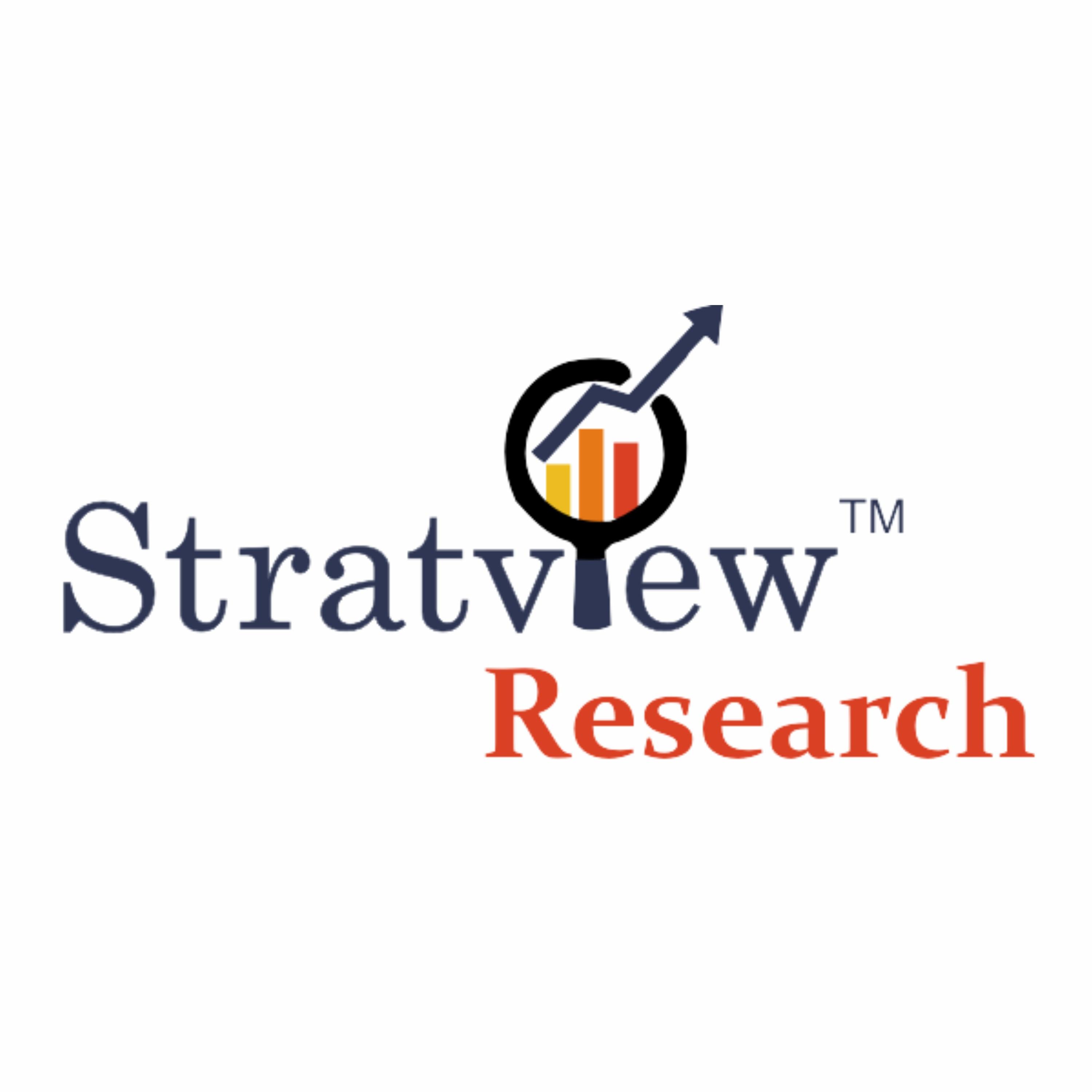Future outlook for the DNA vaccines market

DNA vaccines are a relatively new type of vaccine that use genetic material to stimulate an immune response. Unlike traditional vaccines, which typically use whole or inactivated pathogens to trigger the immune system, DNA vaccines use small pieces of DNA that contain the genetic instructions to produce proteins that are specific to the pathogen being targeted.
The concept of DNA vaccines was first proposed in the 1990s, and since then, there has been significant interest and investment in developing this technology. DNA vaccines have several potential advantages over traditional vaccines, including greater safety, stability, and ease of production. The DNA vaccines market was estimated at US$ 433 million in 2021 and is expected to grow at a CAGR of 6.18% during 2022-2028 to reach US$ ~654 million in 2028.
One of the key advantages of DNA vaccines is their ability to stimulate both humoral and cellular immune responses. This means that they can induce the production of both antibodies and T cells, which are essential for clearing infected cells from the body. In addition, DNA vaccines can be produced more quickly and at lower cost than other types of vaccines, making them an attractive option for use in the developing world.
DNA vaccines work by introducing small pieces of DNA into cells in order to produce an immune response against a particular pathogen. The DNA that is introduced contains the genetic instructions to produce proteins that are specific to the pathogen being targeted.
Once the DNA is inside the cells, it instructs the cells to produce these proteins, which are then recognized by the immune system as foreign. This triggers the production of antibodies and other immune cells that are specific to the targeted pathogen.
In essence, DNA vaccines use the body's own cells to produce antigens, which then stimulate an immune response. Unlike traditional vaccines, DNA vaccines do not contain live or inactivated viruses or bacteria. This means that they are generally safer and more stable than other types of vaccines, and they can be produced more quickly and at lower cost.
Overall, the mechanism of action of DNA vaccines involves the introduction of genetic material into cells in order to produce specific antigens that stimulate an immune response. This makes them a promising tool in the fight against infectious diseases, and they are currently being developed for a wide range of applications, including cancer immunotherapy, autoimmune diseases, and infectious diseases such as COVID-19.
Request a sample here:
https://www.stratviewresearch.com/Request-Sample/3152/dna-vaccines-market.html#form
The overall competitive landscape has been affected due to these strategic activities. The following are the major players in the DNA vaccines market:
- BOEHRINGER INGELHEIM GmbH (Merial)
- ELI-LILLY (Novartis Animal Health)
- GeneOne Life Science
- Genexine, Inc.
- GEOVAX LABS, INC
- Inovio Pharmaceuticals (VGX Animal Health)
- Takara Holdings (Takara Bio)
- VIATRIS INC. (Rottapharm Biotech)
- ZOETIS INC. (Fort dodge Animal Health)
- Zydus Cadila
DNA vaccines are currently being developed for a wide range of applications, including infectious diseases such as COVID-19, cancer immunotherapy, and autoimmune diseases. Although there are still some challenges to overcome, such as improving the efficiency of gene delivery and ensuring long-term safety, DNA vaccines have the potential to revolutionize the field of vaccinology and improve global public health.
In conclusion, DNA vaccines represent a promising new approach to vaccination that uses genetic material to stimulate an immune response. They offer several advantages over traditional vaccines, including greater safety, stability, and ease of production. DNA vaccines can also induce both humoral and cellular immune responses, making them a versatile tool for combating a wide range of diseases.
Although there are still some challenges to overcome in the development of DNA vaccines, such as improving the efficiency of gene delivery and ensuring long-term safety, the potential benefits of this technology are significant. DNA vaccines are currently being developed for a variety of applications, including infectious diseases, cancer immunotherapy, and autoimmune diseases.
As research in this field continues to advance, DNA vaccines have the potential to revolutionize the field of vaccinology and improve global public health. With the ongoing COVID-19 pandemic highlighting the need for safe and effective vaccines, the development of DNA vaccines has become more important than ever.
- Information Technology
- Office Equipment and Supplies
- Cars and Trucks
- Persons
- Books and Authors
- Tutorials
- Art
- Causes
- Crafts
- Dance
- Drinks
- Film
- Fitness
- Food
- Jeux
- Gardening
- Health
- Domicile
- Literature
- Music
- Networking
- Autre
- Party
- Religion
- Shopping
- Sports
- Theater
- Wellness


